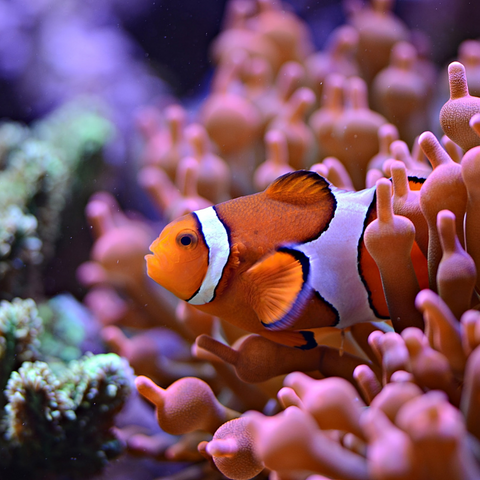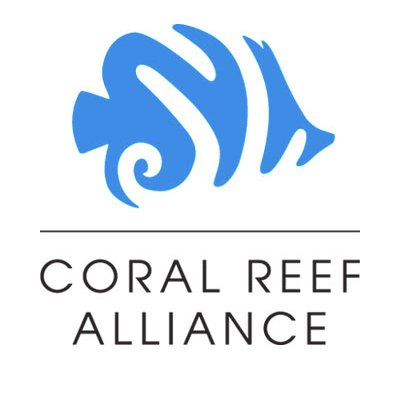
Help Save the World's Coral Reefs
Why Care About Coral Reefs?
Coral reefs are unlike anything else on the planet. In addition to providing valuable habitat for fish and other animals, they are incredibly beautiful, with seemingly infinite structures and growth forms. Some of their common names describe this diversity: staghorn, elkhorn, bird’s nest, brain, finger, mushroom, pillar, lettuce, lobed, and tube, to name just a few. Their intricate crevices and three-dimensional structures shelter many species of fish, marine worms, crustaceans, clams, and many other animals and plants, all of which play a unique and vital role in the coral reef ecosystem.
Coral reefs are an important food source for the people who live near reefs, and, as nurseries, are vital to the world’s fisheries. Many of the compounds now being used in human medicines, including some that treat cancer, are found on coral reefs, with probably many more yet to be discovered. Coral reefs help humans in many other ways too: generating tourist dollars for communities, and—especially important in our changing climate—acting as natural barriers against storm events like hurricanes, typhoons, and even tsunamis. The annual value of the ecosystem services provided by coral reefs to millions of people is estimated to be over $375 billion.
Coral reefs around the world are at risk due to local-level threats like overfishing, water pollution and habitat destruction. Now, thanks to rising ocean temperatures, they also have to contend with global-level threats such as coral bleaching. Today, a startling 75 percent of our coral reefs are threatened, and 27 percent have already been lost. One-third of reef-building corals are considered at risk of extinction. Without decisive action, coral reefs and the communities that rely on them could be irreversibly affected.
The Gift
Your donation will help support our important work. CORAL is launching a new era of reef conservation that facilitates coral adaptation to a changing climate. Our innovative conservation blueprint promotes coral adaptation within DIVERSE, CONNECTED, and LARGE networks of healthy reefs called Adaptive Reefscapes. The science tells us that when we conserve a diverse portfolio of coral reefs with differing species, variable environmental conditions, and significant connectivity, we enable the necessary conditions for nature’s survivors to reveal themselves.
There is much more variation in coral response to climate change than one might think: some corals die during a bleaching event; some corals bleach and later recover, and some corals show signs of resistance to bleaching altogether. Sometimes corals surprise us by doing well in unexpected places like murky waters or warm-water lagoons. We can help these special corals survive, grow, and spread their special genes to future generations by reducing local-level threats like overfishing and water pollution.


